April 16, 2025 | 06:39 GMT +7
April 16, 2025 | 06:39 GMT +7
Hotline: 0913.378.918
April 16, 2025 | 06:39 GMT +7
Hotline: 0913.378.918
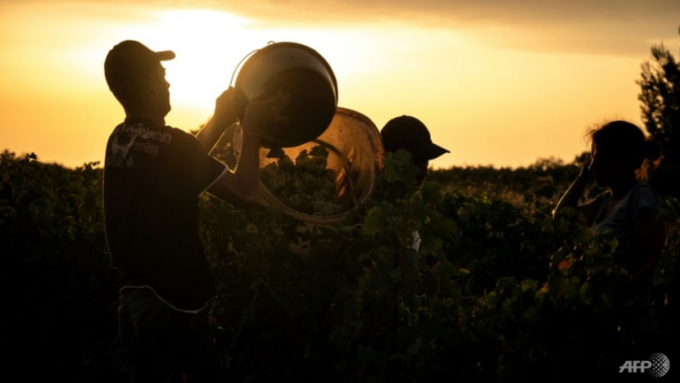
French wine regions from the southwest to the northeast are suffering through heatwaves. Photo: AFP
The exceptionally dry conditions spread from the rugged hills of Herault along the Mediterranean, where picking is already underway, to the normally verdant Alsace in the northeast.
Waves of extreme heat this summer accelerated grape maturation, meaning harvests had to begin one to three weeks early or more - in Languedoc-Roussillon, some growers even started in late July.
"We were all a bit surprised, they began maturing very rapidly these past few days," said Francois Capdellayre, president of the Dom Brial cooperative in Baixas, outside Perpignan.
He said the shears came out on Aug 3 for the region's typical muscat grapes, followed by chardonnay and grenache blanc.
"In more than 30 years I've never started my harvests on Aug 9," said Jerome Despey, a vineyard owner in the Herault department.
STRESSED OUT
Like other farmers, French winegrowers have been grappling for years with increasingly common extreme weather including spring freezes, devastating hailstorms and unseasonably heavy rains.
But this summer's combination of a historic drought - July was the driest month on record since 1961 - and high temperatures are taking a particular toll on vineyards.
Only 10 per cent of France's winegrowing parcels use artificial irrigation systems, which can be difficult or prohibitively expensive to install.
And while grape vines are more hardy than many other crops, with roots that descend deep into the ground over years of growth, even they can withstand only so much.
When water is scarce, the vines suffer "hydric stress" and protect themselves by shedding leaves and no longer providing nutrients to grapes, stunting their growth.
In Alsace, "we haven't had a drop of rain in two months", said Gilles Ehrhart, president of the AVA growers' association.
"We're going to have a very, very small harvest" after picking begins around Aug 26, he said.
And when temperatures surpass 38 degrees Celsius, "the grape burns - it dries up, loses volume and quality suffers" because the resulting alcohol content "is too high for consumers", said Pierre Champetier, president of the Protected Geographical Indication (PGI) for the Ardeche region south of Lyon.
Champetier began harvesting Monday, when "40 years ago, we started around Sep 20", he said.
Now he worries that global warming will make such premature harvests "normal".
QUALITY AT RISK
Some winemakers are still holding off in hopes of rain in coming weeks, such as red grape producers in Herault, where harvests should begin as usual in early September.
In Burgundy, which two years ago saw its earliest harvest debut - Aug 16 - in more than four centuries of keeping track, picking will start at cellars in Saone-et-Loire around Aug 25.
But just south in the Rhone Valley, "the heatwave has accelerated maturation by more than 20 days compared to last year", according to the Inter-Rhone producers' association.
They nevertheless hope grape quality will hold up, as do Champagne growers in the northeast, where harvesting will begin late August - though yields are set to fall nine per cent year-on-year because of a brutal spring cold snap and hailstorms.
Bordeaux plans to kick off on Aug 17 with the grapes for the region's sparkling wines - appreciated by connoisseurs but just 1 per cent of overall production.
Next will come "dry whites, sweet whites and then the reds", said Christophe Chateau of the CIVB producers' group, though the precise dates will be set only next week.
But he warned that even rainfall from storms forecast across France starting this weekend will "not be enough" to ensure a "beautiful vintage".
(AFP)
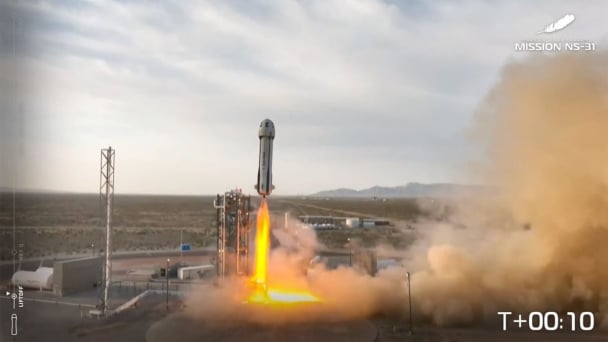
(VAN) 169 lotus seeds selected by the Vietnam Academy of Agricultural Sciences were carried into space by Vietnamese-American astronaut Amanda Nguyen.
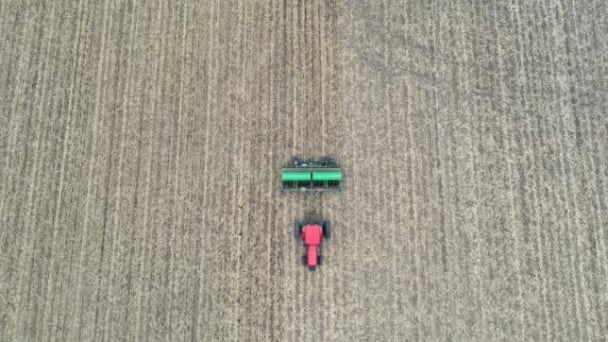
(VAN) Tariffs are making life more expensive for John Pihl. He's been farming in Northern Illinois for more than 50 years.
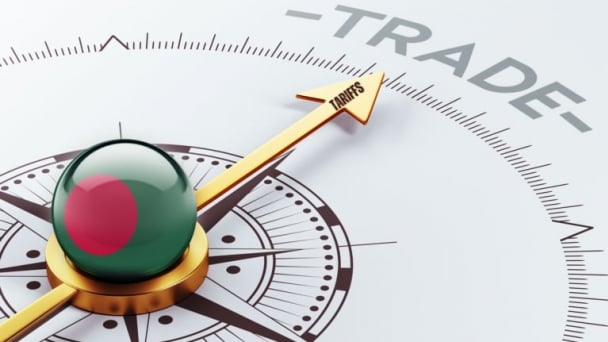
(VAN) European and American farmer organisations are concerned about the import tariffs that the United States introduced on 9 April for products from the European Union. This makes them 20% more expensive.
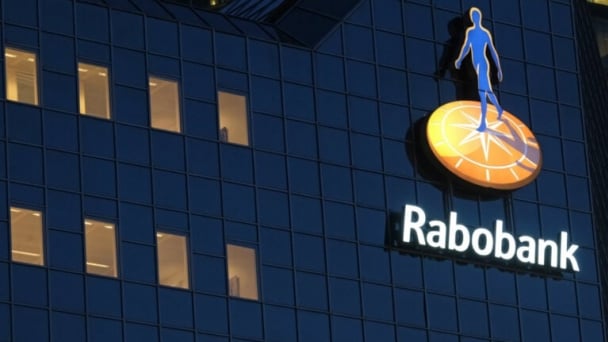
(VAN) Global poultry trade is expected to remain strong amid relatively tight global protein supply and growing consumption, RaboResearch concludes in its latest animal protein report.
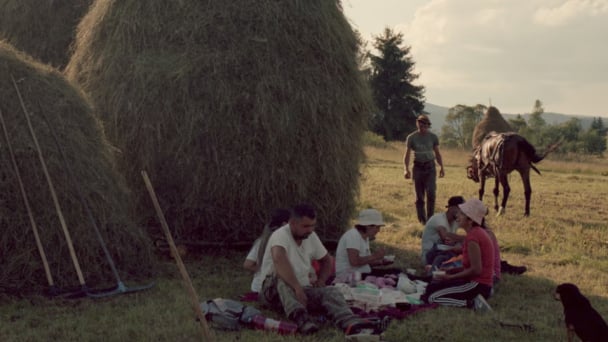
(VAN) Traditional methods benefit hundreds of species but as new agricultural techniques take over, the distinctive haystacks mark a vanishing way of life.
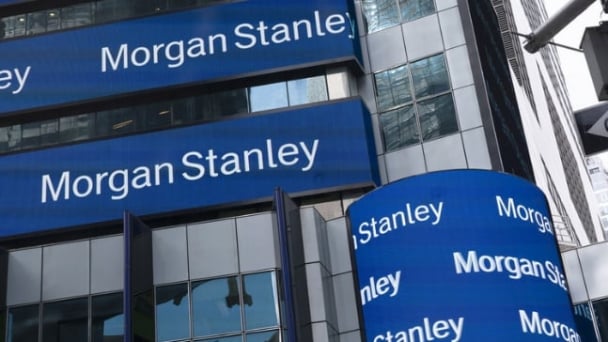
(VAN) The nation’s top banks are quietly advising their clients on how to build a financial life raft - or perhaps life yacht - from the wreckage of runaway climate change.
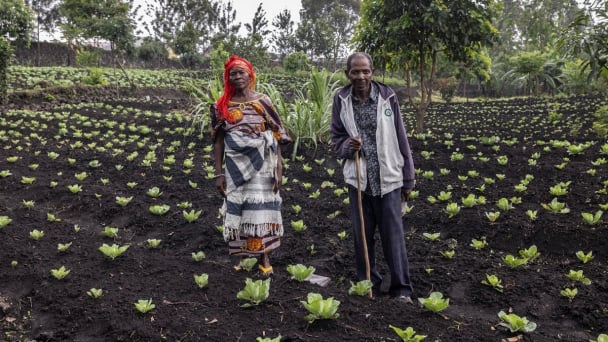
(VAN) From FAO Office in the Democratic Republic of the Congo.